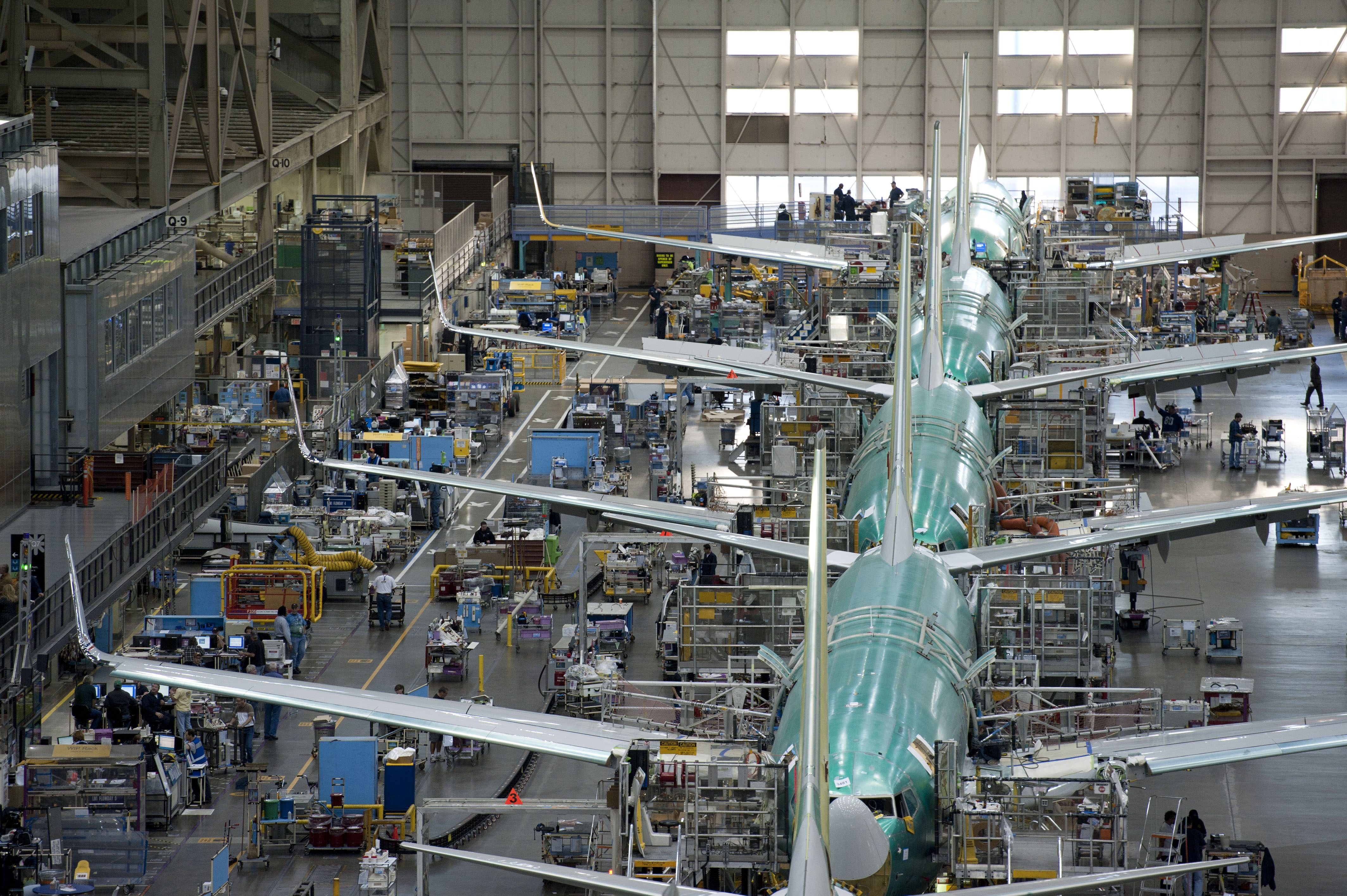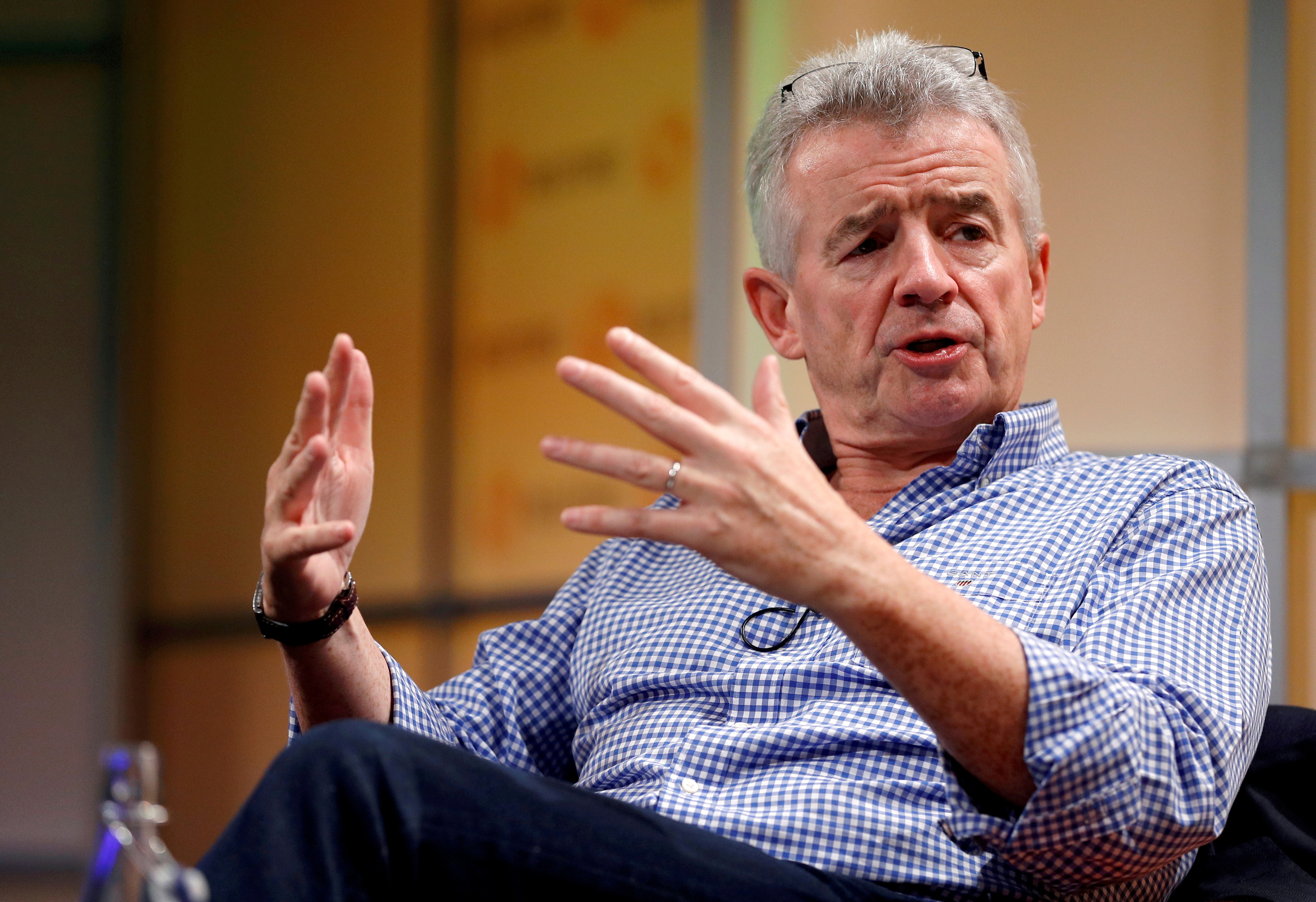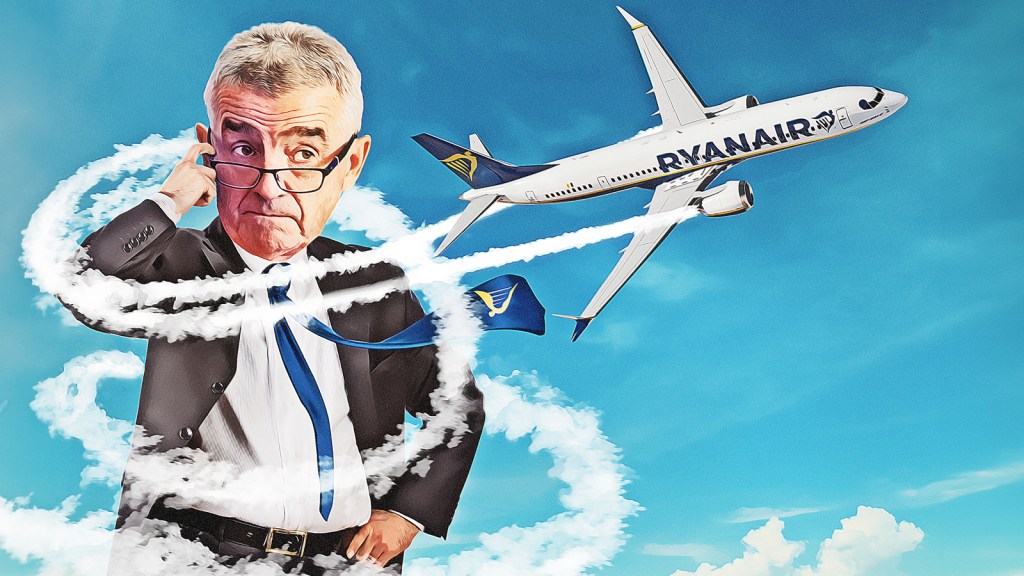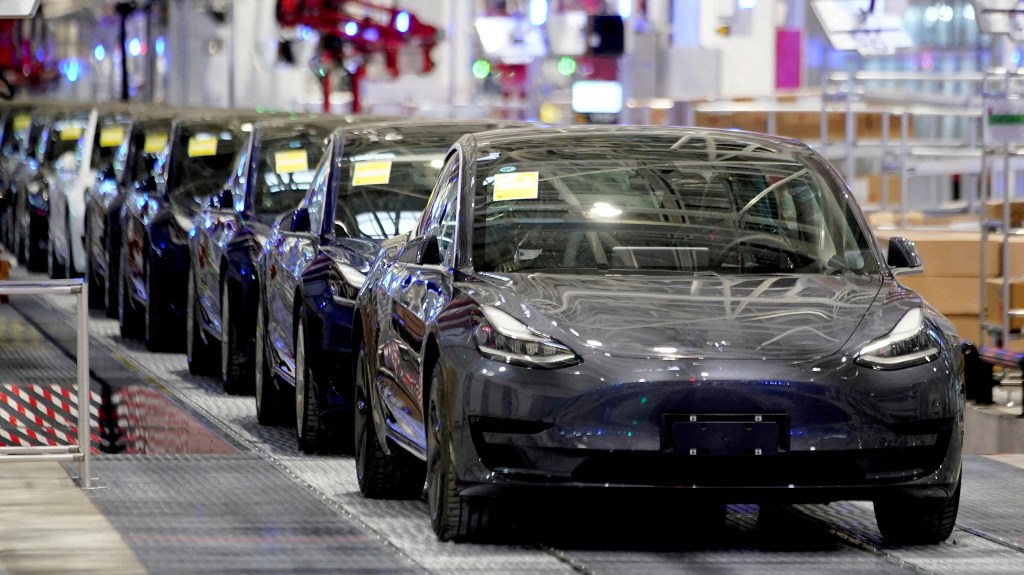Ryanair Faces Critical Challenges Amid Boeing Jet Delivery Delays
Just over three weeks into his leadership at Boeing, CEO Kelly Ortberg has yet to face direct criticism from Ryanair’s Michael O’Leary.
“I’m currently focused on weekly discussions with Stephanie Pope, expressing my frustrations regarding the whereabouts of my aircraft,” stated O’Leary.
Pope, who leads Boeing’s commercial aviation division and is often viewed as a potential future CEO, is tackling significant issues. Boeing has been under pressure since two fatal crashes involving its 737 Max jets in October 2018 and March 2019, resulting in the deaths of 346 individuals.
Initially designed as a short-to-medium-haul solution, the 737 Max aimed to help Boeing reclaim market share lost to Airbus. However, safety concerns linked to its design have subjected the company to rigorous scrutiny regarding the aircraft produced at its expansive Seattle factories.
The situation has resulted in delayed deliveries for customers like Ryanair.
For O’Leary, these delays represent more than just frustration; they pose a significant threat to Ryanair’s operations. The new aircraft, which can accommodate more passengers than previous models, are central to Ryanair’s growth strategy. However, the airline has now had to revise its projections for passenger traffic down from 205 million to approximately 198 million for this year. Additionally, Ryanair’s ambitious goal of transporting 300 million passengers by 2034 could be jeopardized if Boeing cannot resolve its production issues.
Moreover, the newer aircraft are considerably more fuel-efficient. With the older models still in service while awaiting new deliveries, Ryanair faces increased operational costs.
“We expected to receive seven planes from Boeing in July but only got five,” O’Leary lamented. “We anticipated ten in August, but we’ll be fortunate to receive five, which will include two delayed from July.
“Dealing with Boeing at this moment is quite challenging,” he added.

While other aircraft manufacturers exist, Ryanair primarily operates with Boeing jets.
“Ryanair has consistently been a Boeing customer and will likely remain one,” remarked Stephen Furlong, an analyst at Irish stockbroker Davy.
Boeing, in return, heavily relies on Ryanair as a leading sales outlet in Europe. Competitors like Wizz Air and easyJet exclusively fly Airbus planes, while IAG, the parent company of British Airways, has also favored Airbus models.
“This dependence creates a challenging dynamic. While Ryanair is essential to Boeing, Boeing is equally significant for Ryanair,” Furlong indicated.
This puts O’Leary in a precarious position, particularly since he could potentially earn a €100 million bonus if Ryanair meets specific profitability or share price targets, which are indirectly linked to Boeing’s prompt delivery of new aircraft. The airline estimates a loss of €500 million in revenue this year due to Boeing’s delays, and its stock price has dropped over 15% since January.

Critical Shift
Currently, Ryanair operates a fleet of 594 planes, consisting of 335 older Boeing 737 Next-Generation aircraft and 156 new 737 Max “Gamechanger” jets.
It has an outstanding order for a total of 210 Gamechangers. The delays affecting the last 50 of these planes are a major source of frustration for O’Leary. The Gamechanger jets are vital for Ryanair’s strategy over the next decade.
These newer planes can seat 197 passengers compared to the 189 of the Next Generations and are designed to consume 16% less fuel. They are also 40% quieter, enabling Ryanair to increase operations in densely populated areas.
Transitioning to the new fleet is crucial for Ryanair’s competitiveness, asserts Robert Boyle, an analyst at Gridpoint Consulting. “Retaining the older aircraft longer is not a sustainable solution, particularly with rising carbon taxes and environmental regulations looming.”
Future Prospects
More pivotal than the Gamechanger aircraft for Ryanair’s growth aspirations is the upcoming 737 Max 10. This model, which seats 228 passengers, would allow for a 21% increase in passenger capacity per flight. Additionally, it is designed to burn 20% less fuel than the Next Generation models and operates at half the noise level. O’Leary emphasized their importance: “Absolutely crucial for our success.”
However, production of the Max 10 has yet to commence, with delays in safety certification prolonging the timeline. O’Leary has ordered 300 Max 10s, with a price tag of $40 billion.
Though the delays shouldn’t pose an immediate problem—Ryanair is not expected to start acquiring Max 10s until 2027—the production schedule remains uncertain. O’Leary anticipates the certification of the Max 7 by late this year or early 2025, with the Max 10 likely to follow.
“If certification for the Max 10 doesn’t come through by the end of 2025, we could face serious issues come summer 2027,” O’Leary warned.
For Ryanair to receive these aircraft on schedule, Boeing must scale production to 40-45 units per month—an objective that has yet to be accomplished.

O’Leary has noted that Airbus encounters its own difficulties, grappling with supply chain disruptions that have limited its production rates, though not to the extent faced by Boeing.
“In the long term, I believe both Airbus and Boeing will resolve their production challenges; however, my confidence has waned somewhat,” he acknowledged. “I would estimate about 99% certainty that the Max 10 will receive certification, and approximately 85-90% chance we’ll see the first 17 Max 10s ready for the summer of 2027.”
A Boeing spokesperson expressed regret over the delays, reaffirming the importance of the partnership with Ryanair and highlighting their mutual interest in successful operations.
Despite O’Leary’s concerns regarding Airbus, switching to the European manufacturer presents its own challenges.
There are industry rumors that Ryanair has previously been on the verge of significant deals with Airbus but ultimately opted for Boeing. As a result, Airbus may hesitate to offer favorable terms to Ryanair again, particularly with its backlog of orders.
Consequently, while O’Leary continues to express his dissatisfaction with Pope regarding delivery delays, Ryanair’s future largely hinges on Boeing’s ability to reclaim its position as a leading force in the aviation industry.
“It’s uncertain what options Ryanair really has,” Boyle concluded. “Eventually, everything will likely resolve; we just don’t know when that will be.”




Post Comment